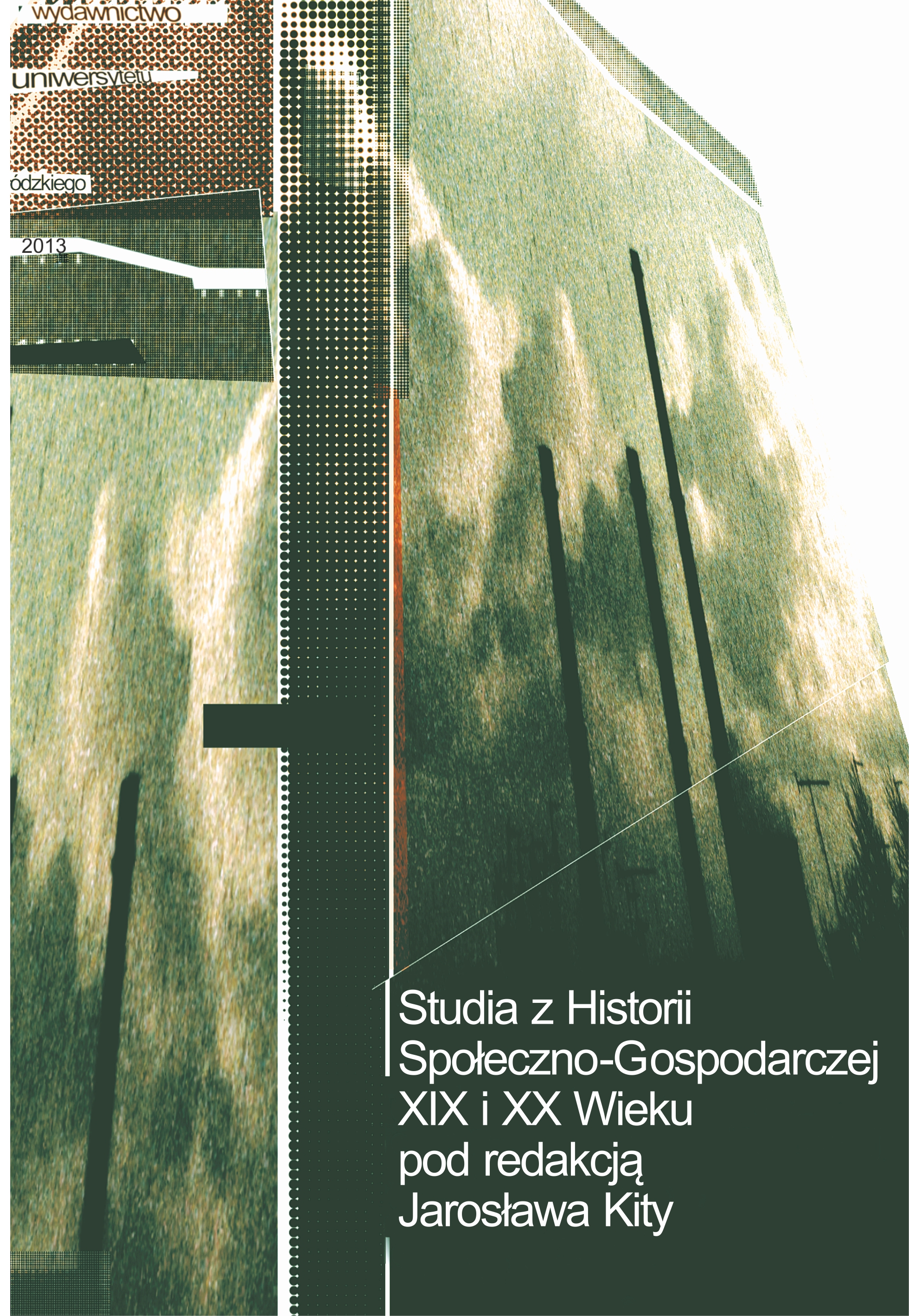Gmina Starozakonnych miasta Łodzi w latach I wojny światowej
DOI:
https://doi.org/10.18778/2080-8313.11.04Abstrakt
In 1914 The Jewish Community in the city of Łódź was comprised of 162,500 residents. During the Great War that number dropped to 137,200 people, which equaled 40.1% of the total population of Łódź. The beginning of World War I saw the municipality in conflict over the recent election of a local rabbi, Lejzor Trajstman, and weakened by the absence of the Community Board. The new Community Board elections (conducted on 25th October 1914) as well as the introduction of new laws by the German occupants regulating activity in the Jewish communities inside the area of the administrative district of the General Government of Warsaw allowed the municipality to function as efficiently as was possible.
The new laws placed the responsibility for social welfare of the co-religionists on the Community Board. This became the central element of all decisions and actions of the Community Board body between 1914 and 1918. First and foremost, it was necessary to combat the ubiquitous poverty, hunger, and unemployment. With the help of its agencies and other subsidized institutions, the Jewish Community attempted to reach the most needy. It funded the pre-existing charitable organizations, hospitals, and shelters. It began to organize help for orphaned children placing them with Łódź families and newly established orphanages. In order to ease the life of its poorest, it created cheap soup kitchens and teahouses. It also supplied the co-religionists with fuel for stoves, Passover bread, and other holiday products. Despite all the efforts, however, the municipal government and the rabbis, including the head rabbi Lejzor Trajstman, did not manage to meet social expectations. As existing sources indicate, modest funds were only sufficient to satisfy a small fraction of the community’s needs. The ongoing war with all its deprivations pauperized the Jewish population and deepened the level of poverty, malnutrition, and disease.
Pobrania
Opublikowane
Jak cytować
Numer
Dział
Licencja

Utwór dostępny jest na licencji Creative Commons Uznanie autorstwa – Użycie niekomercyjne – Bez utworów zależnych 4.0 Międzynarodowe.









